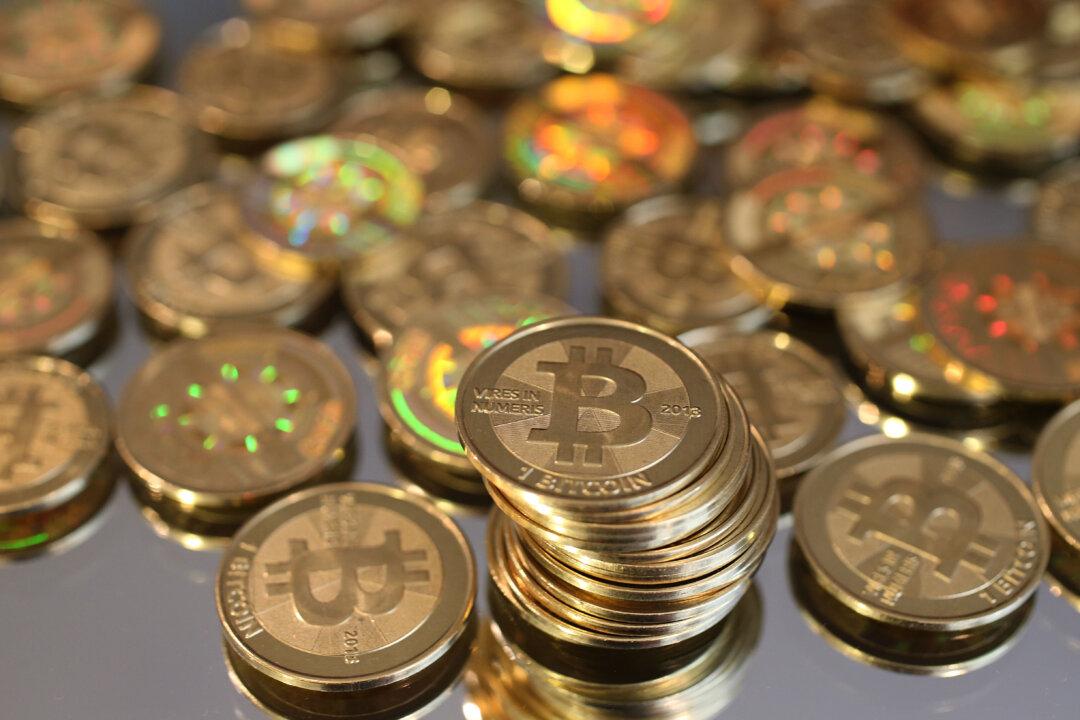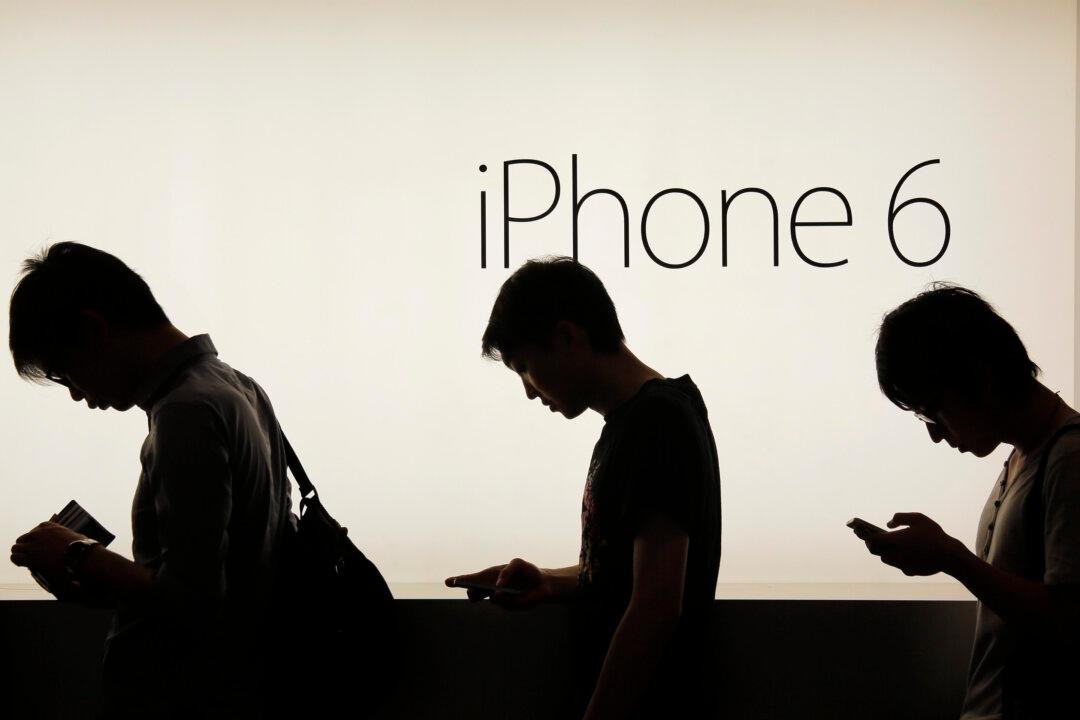In 2009 Bitcoin was released as an open-sourced software currency. It wasn’t until 2012 that it began seeing popularity, however, when WordPress made the bold move of accepting payments in the currency towards the end of the year, and exchanges began actively comparing it to other currencies such as the dollar.
While it still gets lots of fringe usage despite the mainstream attention being given to it, the concept behind Bitcoin is something novel that could change the way we think about currencies, inflation, banks, and whatnot.




